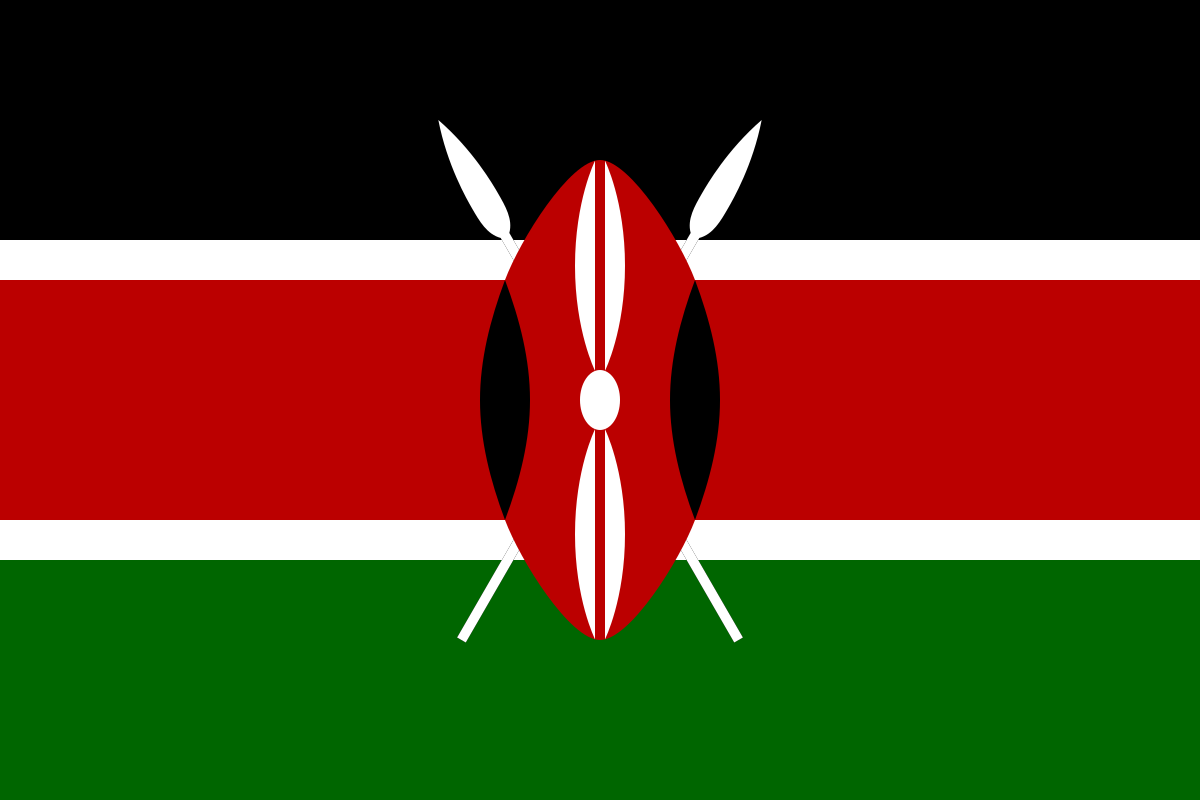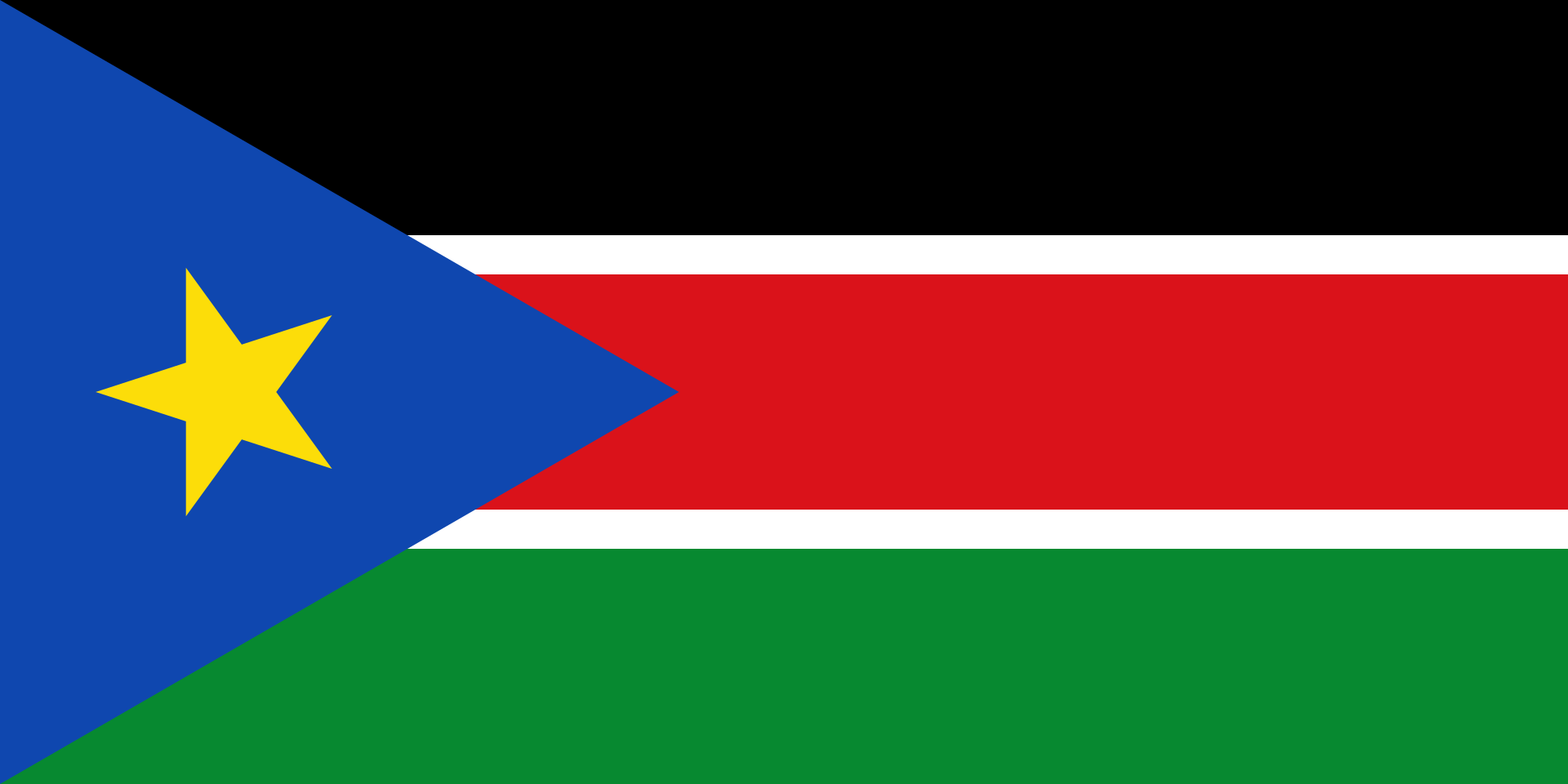A new report by the UN migration agency warns that the number of migrants dying in the East and Horn of Africa (EHoA) region has increased this year compared to 2020.
The International Organization for Migration (IOM) said many deaths and disappearances occurred along the eastern migratory route in the Horn of Africa.
From the Horn, migrants move to Gulf nations where primarily young migrants, mainly men and young boys, but also increasingly women and even children, leave countries like Somalia and Ethiopia, traveling to Djibouti crossing the Gulf of Aden, to reach Yemen with their destination being Saudi Arabia.
IOM spokeswoman for East and Horn of Africa, Yvonne Ndege, told Anadolu Agency that “109 migrants, 17 of whom were children, lost their lives or disappeared on this very route last year, that's up from 59 in 2020.”
In 2019, the number of dead and disappeared was worse with 135 migrants dying or unaccounted for.
The report notes that the most frequent causes of deaths and disappearances during migration in 2021 “were drowning (64) and harsh environmental conditions (5) particularly the high temperatures that all too frequently result in exhaustion and dehydration.”
Of the 674,243 individuals on the move recorded by IOM in EHoA in 2021, more than 269,000, or 40%, were along the eastern route. The 2021 figures represent a 70% increase from 2020 when 157,000 migrants were tracked on the Eastern Corridor.
On the southern route heading from the Horn to South Africa, IOM recorded nearly 59,000 movements in 2021, predominantly by Ethiopian nationals.
The report urged support from donors to tackle the issue, Ndege told Anadolu Agency.
“The IOM is seeking funding and donor support to meet the immediate humanitarian needs of those who are on the eastern route, and to, of course, try to address the root causes of what is prompting many young people in the eastern Horn of Africa region to make this dangerous journey in which as the report finds many end up disappeared or missing.”
In March 2021, smugglers threw an estimated 80 passengers overboard from an overfilled boat carrying up to 200 people, resulting in at least 20 deaths and an unknown number of disappearances in the Gulf of Aden.
The next month, 44 people drowned, including 16 children, when a returning boat capsized in the Gulf off the coast of Djibouti.
And in June 2021, a boat carrying up to 200 passengers capsized in the Bab-al- Mandab straight near Ras al-Ara, Yemen, resulting in 25 deaths and up to 175 people who were lost at sea. - Andrew Wasike, Anadolu Agency







